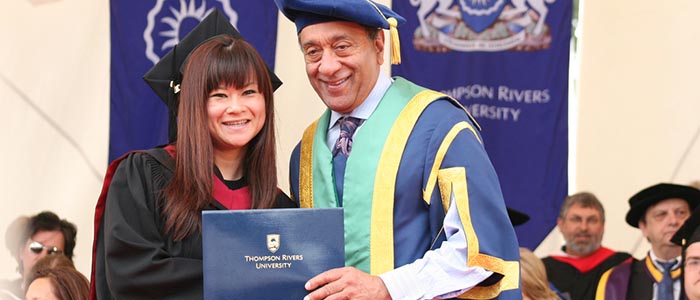Faculty of Arts
Arts Menu
-
- Master of Arts in Human Rights and Social Justice
- Bachelor of Arts
- Bachelor of Communication and Digital Journalism
- Bachelor of Interdisciplinary Studies
- Associate of Arts Degree
- Police and Justice Studies Diploma
- Emergency Communications Certificate
- Technical Theatre Certificate
- World Languages and Cultures Certificate
- Arts Cohort
-
- Communication and Visual Arts
- Environment, Culture and Society
- Literatures, Languages, and Performing Arts
- Philosophy, History and Politics
- Chair's Message
- History
- Degree Options
- Courses
- Student Success
- Awards and Scholarships
- Handbook for History Students
- Introduction - Handbook
- Why Study History?
- Varieties of History
- Historian's Work
- Pros, Amateurs and others
- Careers
- Libraries and Research
- Taking Notes
- Formulating a Topic
- Compiling a Bibliography
- Primary Sources
- Secondary Sources
- Need for Recent Sources
- Where to Start
- Note-taking
- Shape of the Essay
- Style of the Essay
- Checking the Essay
- Documentation
- Bibliographies and Footnotes
- Plagiarism
- Writing Essay Examinations
- Title Pages and Formatting
- Citation Generators
- Examples
- Citation Formatting
- History Links
- Philosophy
- Politics
- Our Faculty
- Contact Us
- Psychology
Section Menu
-
- Master of Arts in Human Rights and Social Justice
- Bachelor of Arts
- Bachelor of Communication and Digital Journalism
- Bachelor of Interdisciplinary Studies
- Associate of Arts Degree
- Police and Justice Studies Diploma
- Emergency Communications Certificate
- Technical Theatre Certificate
- World Languages and Cultures Certificate
- Arts Cohort
-
- Communication and Visual Arts
- Environment, Culture and Society
- Literatures, Languages, and Performing Arts
- Philosophy, History and Politics
- Chair's Message
- History
- Degree Options
- Courses
- Student Success
- Awards and Scholarships
- Handbook for History Students
- Introduction - Handbook
- Why Study History?
- Varieties of History
- Historian's Work
- Pros, Amateurs and others
- Careers
- Libraries and Research
- Taking Notes
- Formulating a Topic
- Compiling a Bibliography
- Primary Sources
- Secondary Sources
- Need for Recent Sources
- Where to Start
- Note-taking
- Shape of the Essay
- Style of the Essay
- Checking the Essay
- Documentation
- Bibliographies and Footnotes
- Plagiarism
- Writing Essay Examinations
- Title Pages and Formatting
- Citation Generators
- Examples
- Citation Formatting
- History Links
- Philosophy
- Politics
- Our Faculty
- Contact Us
- Psychology
What are you going to do with your degree?

Rien Okawa received her Arts degree from TRU Chancellor Wally Oppal during convocation in 2011.
This is a question that is constantly asked of university students. You probably even ask yourself that once in a while.
First of all, don't panic: it's fine if you don't have your whole life figured out or a dream job in mind on your first day of class! As you progress through university you will discover what interests you and what jobs will suit you the best.
The important thing is to study something that intrigues you, inspires you, and that you are passionate about. Be assured that an Arts degree offers you endless opportunities.
One of our goals as Arts mentors is to provide you with answers to your questions. We have compiled lists for each area of study in Arts with examples of where an Arts degree can take you.
You will also find a degree information sheet that lists the academic requirements (the classes you need to take) to graduate with that major.

